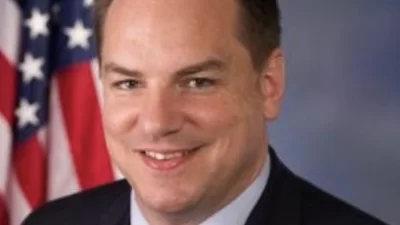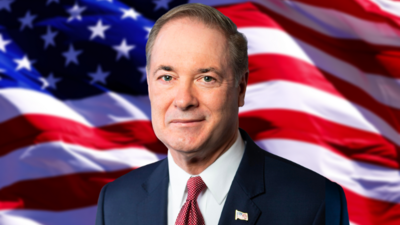Dear Dr. von Eschenbach:
On May 24, 2007, Food and Drug Administration (FDA) consultant Douglas Arbesfeld sent an e-mail to journalists entitled "What are St. Steven's feet made of? Clay, perhaps?" The body of the e-mail contained text copied from an online article that criticized a study on Avandia published by Dr. Steven Nissen, chairman of Cardiovascular Medicine at the Cleveland Clinic. The original article that Arbesfeld emailed to journalists appeared on a Web site (www.theheart.org). That article has now been corrected to contain a long note of caution from the editor that sections of the article do not "meet the highest standards of journalistic or scientific integrity or credibility." We are concerned that Mr. Arbesfeld sent this message using his Government email,
which carried his FDA signature line and work-related contact information at the bottom. In several news articles on other matters, Mr. Arbesfeld is named as the spokesman for FDA. Given that he has acted in this capacity in the past, this e-mail may have given journalists the impression that the United States Government actively encourages smear campaigns against independent scientists. If so, this is a completely unacceptable use of Government time and equipment.
In the Agency's response to this incident, it stated that Mr. Arbesfeld is a consultant and does not speak on behalf of FDA. Accordingly, this response may leave the media wondering how they should interpret future e-mails from FDA spokesmen and Mr. Arbesfeld, in particular.
The Committee finds it even more troubling that Mr. Arbesfeld may be using his position with FDA to settle old scores with Dr. Nissen. Certainly, Mr. Arbesfeld is familiar with Dr. Nissen, since the two have been on opposing sides of drug safety in the past. On April 26, 2005, the New York Times reported quotes from Dr. Nissen that were critical of Natrecor, a drug manufactured by Johnson & Johnson ("Johnson & Johnson Adds Data on Deaths to Label on Heart Treatment." Stephanie Saul, the New York Times, April 26, 2005). The article also noted that Dr. Nissen cast the only vote against the product when a FDA advisory panel recommended it in 2001. The person featured in the article defending Natrecor was Mr. Arbesfeld, who at the time was Johnson & Johnson's spokesman.
Accordingly, we ask that you answer the following questions related to this matter. In your response, please use the question and answer format, which would have each question below given with the corresponding response:
1. What is the justification for the use of taxpayer dollars for a communications consultant?
2. What is FDA's policy regarding the hiring of consultants/employees who have recently worked for the companies directly regulated by the Agency?
3. How does FDA ensure that consultants such as Mr. Arbesfeld do not have relationships with companies in direct conflict with his role as FDA spokesperson?
4. Is Mr. Arbesfeld currently receiving, or has he received in the last year, income or other remuneration from companies that manufacture, distribute, or market products directly regulated under the Food, Drug, and Cosmetic Act?
5. Does FDA have a policy regarding employees/consultants using their official FDA e-mail accounts to express their personal opinions, which may not be official FDA positions, to members of the press?
6. If there is such a policy as described in question 5, what is that policy?
Please provide your response by no later than June 20, 2007.
Sincerely,
Max Baucus Chairman Senate Committee on Finance
John D. Dingell Chairman House Committee on Energy and Commerce
Charles E. Grassley Ranking Member Senate Committee on Finance
Bart Stupak Chairman Subcommittee on Oversight and Investigations House Committee on Energy and Commerce
Sherrod Brown United States Senator
cc: The Honorable Joe Barton, Ranking Member Committee on Energy and Commerce The Honorable Ed Whitfield, Ranking Member Subcommittee on Oversight and Investigations
Source: Ranking Member’s News









